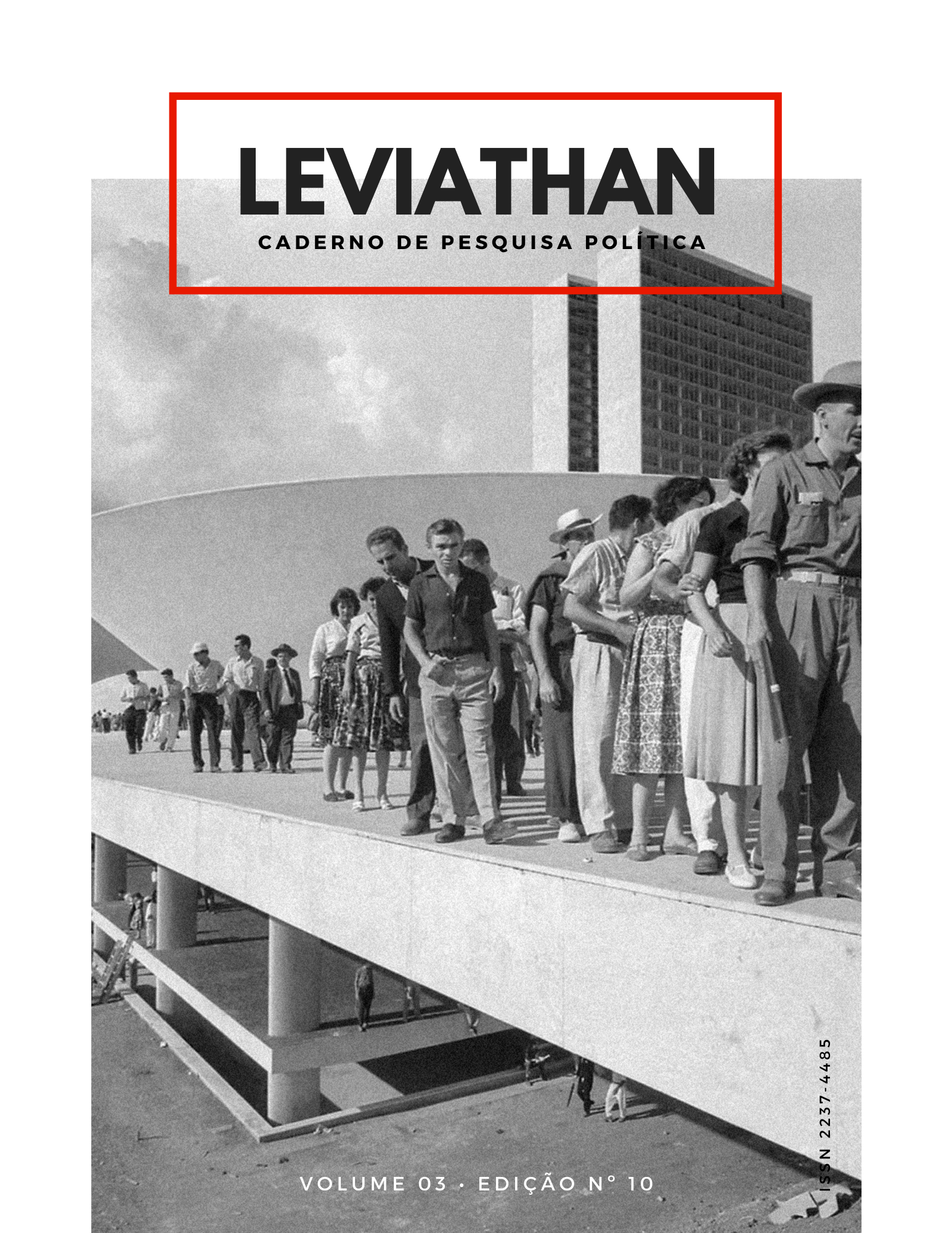Historical polítical theory and Democracy: introductory notes for a debate.
DOI:
https://doi.org/10.11606/issn.2237-4485.lev.2021.183856Keywords:
Political Theory, History, Democracy, Concepts, Languages, IdeologiesAbstract
This paper seeks to offer some introductory notes for a debate on the relationship between history and political theory. Assuming that the accumulation of historical scholarship is not enough to justify its importance, we affirm the idea that a historical approach to politics needs to be guided by the need to deepen the understanding of how we build the political experience that shapes the contemporary world. It is not a question, therefore, of a history of political thought, but of asking about the possibility and the foundations of a historical approach to political theory. But what does it mean, then, to talk about a historical political theory, and not just about the history of political ideas? What would justify belonging to a historical approach to the field of political science in general, and political theory in particular? The article seeks to indicate elements for understanding the importance of recovering the approach of historical political theory to think historical elements - concepts, languages, ideologies - of the political experience that results in the process of democratic development.
Downloads
References
CASSIMIRO, Paulo H. P. A Liberdade na República dos Modernos. Teoria e história do liberalismo político francês (1789-1848). Rio de Janeiro: EdUERJ, 2020.
DOMINGUES, José Maurício. Critical Theory and Political Modernity. Cham: Palgrave Macmillian, 2019.
FREEDEN, Michael. Ideologies and Political Theory. A conceptual approach. Oxford: Claredon Press, 1996.
GAUCHET, Marcel. Le désenchantement du Monde. Une histoire politique de la réligion. Paris: Folio, 1985.
GALLIE, W. B. “Essentially Contested Concepts”. Proceedings of the Aristotelian Society, New Series, Vol. 56, pp. 167-198, 1956.
JASMIN, Marcelo Gantus; FERES JR, João. História dos Conceitos. Debates e perspectivas. Rio de Janeiro: Ed. PUC-Rio/Edições Loyola/IUPERJ, 2006.
KOSELLECK, Reinhart. Futuro Passado. Contribuição à semântica dos tempos históricos. Rio de Janeiro: Contraponto/PUC-Rio, 2011.
KOSELLECK, Reinhart. História de Conceitos. Rio de Janeiro: Contraponto, 2020.
LEFORT, Claude. Democracy and Political Theory. Cambridge: Polity Press, 1988.
LEFORT, Claude. Pensando o Político. Ensaios sobre democracia, revolução e liberdade. Rio de Janeiro: Paz e Terra, 1991.
LYNCH, Christian E. C. “O Sattlezeit diferido da América Ibérica: reflexões sobre uma história dos conceitos políticos fora do mundo europeu”. Revista História do Direito. Curitiba, n.1, n.1, p. 373-388, jul-dez, 2020.
OSTRENSKY, Eunice. “Maquiavel: A ambição e o dilema das leis agrárias”. Lua Nova, São Paulo, 107: 55-90, 2019.
PALTI, Elias. La Invención de uma Legitimidad. México: Fondo de Cultura, 2005.
POCOCK, G. J. A. Linguagens do Ideário Político. São Paulo: EDUSP, 2003.
POCOCK, J. G. A. “Theory in History: Problems of Context and Narrative” In: DRYZEK, J.; HONIG, B.; PHILLIPS, A. (eds). The Oxford Handbook of Political Theory. Oxford: Oxford University Press, 2006.
ROSANVALLON, Pierre. Por uma história do político. São Paulo: Allameda, 2010.
SANTOS, Wanderley Guilherme dos. Discurso sobre o objeto: uma poética do social. Rio de Janeiro: Topbooks, 2019.
SENELLART, Michel. As artes de governar. São Paulo: Ed. 34, 2006.
SILVA, Ricardo. “Historicismo e Disputas Conceituais na Teoria Política”. Anais do XXVI Simpósio Nacional de História – ANPUH. São Paulo, julho, 2011.
STRAUSS, Leo. What is political philosophy? And other studies. Glencoe: Free Press, 1959.
VINCENT, Andrew. The Nature of Political Theory. Oxford, Oxford University Press, 2004.
WALDRON, Jeremy. Political Political Theory. Essay on Institutions. Cambridge: Harvard University Press, 2016.
Downloads
Published
Issue
Section
License
Copyright (c) 2021 Paulo Cassimiro

This work is licensed under a Creative Commons Attribution 4.0 International License.
Autores que publicam nesta revista concordam com os seguintes termos:
1. Autores mantém os direitos autorais e concedem à revista o direito de primeira publicação.
2. Autores têm autorização para assumir contratos adicionais separadamente, para distribuição não-exclusiva da versão do trabalho publicada nesta revista (ex.: publicar em repositório institucional ou como capítulo de livro), com reconhecimento de autoria e publicação inicial nesta revista.
3. Autores têm permissão e são estimulados a publicar e distribuir seu trabalho online (ex.: em repositórios institucionais ou na sua página pessoal) a qualquer ponto antes ou durante o processo editorial, já que isso pode gerar alterações produtivas, bem como aumentar o impacto e a citação do trabalho publicado.


